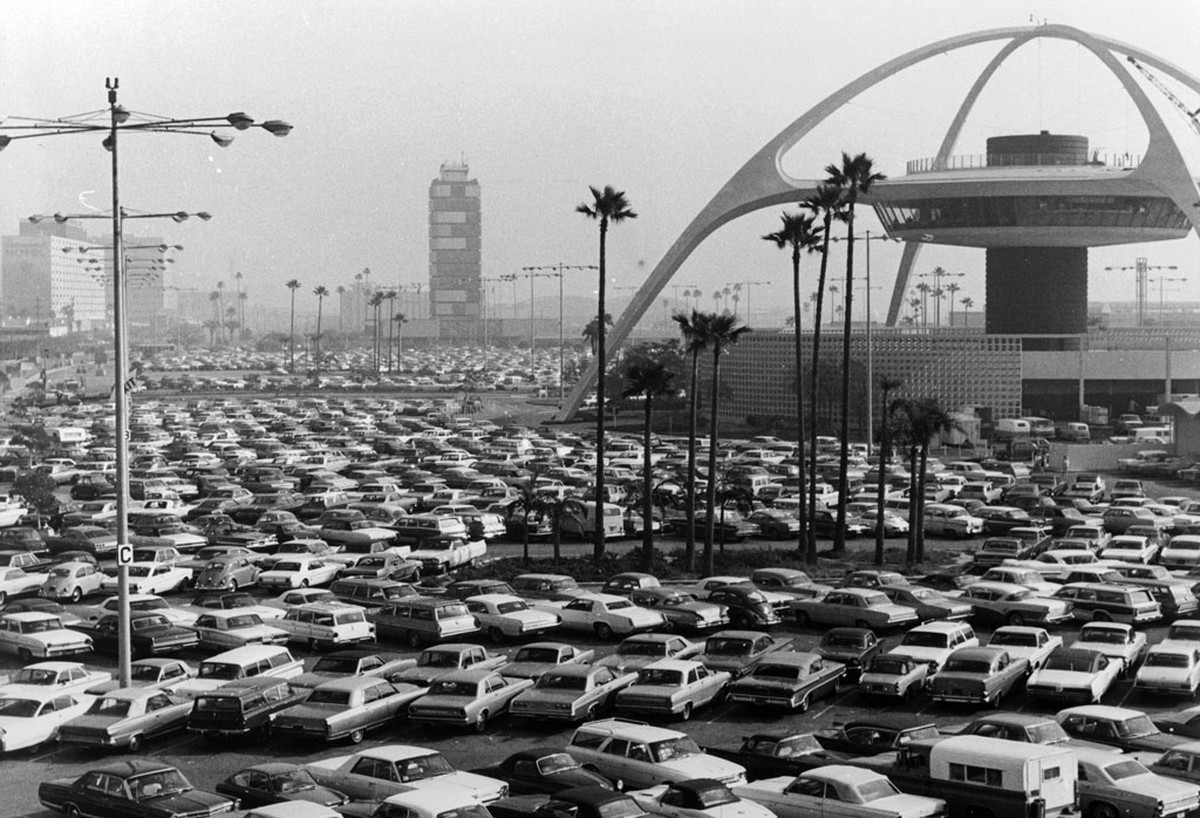Ridesharing will have a more profound effect on the economy in the near future than driverless cars simply because the former is doable (and being done) right now, though at some point the two will likely merge. That will cause residual effects beyond fewer crashes. From Michael Walker at the Hollywood Reporter:
“Mark Platshon, managing director of Icebreaker Ventures and a consultant to BMW’s iDivision, which manufactures electric and plug-in hybrid cars, has ridden in the Google driverless cars. ‘They can merge onto rush hour traffic on the 101 and go through a construction site,’ Platshon told the Hollywood Reporter. ‘It’s very doable.’
Autonomous cars will also have a number of nonlinear effects with impacts on categories as diverse as affordable housing and healthcare, Platshon said. ‘If we get autonomous cars, we don’t have 33,000 fatalities, 2,500,000 ER visits and $18 billion per year in costs. Take that burden off of every hospital and you’ve fixed the health care problem.’
Platshon cited the example of an acquaintance in San Francisco who had decided to not buy a car, use Uber for transportation and convert his garage to a student apartment. There are tens of thousands of garages in the U.S. that could be converted to affordable housing if people relied on car services like Uber or, in the future, autonomous vehicles that could be summoned by smart phone, Platshon said. ‘American drivers pay $200 billion a year for car insurance. We could give back $1,000 per person as discretionary spending.”
Tags: Mark Platshon, Michael Walker

